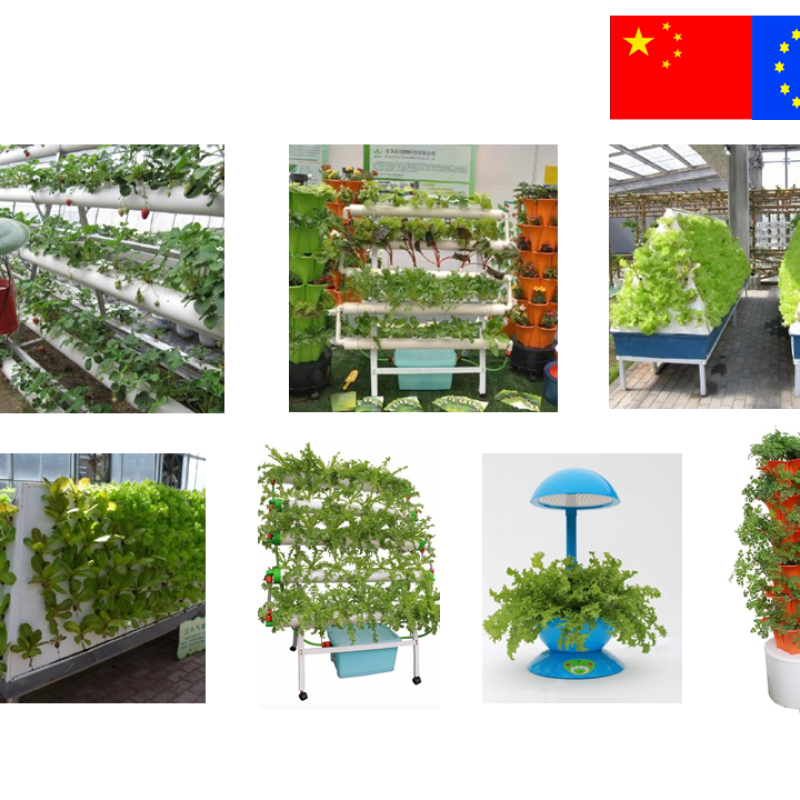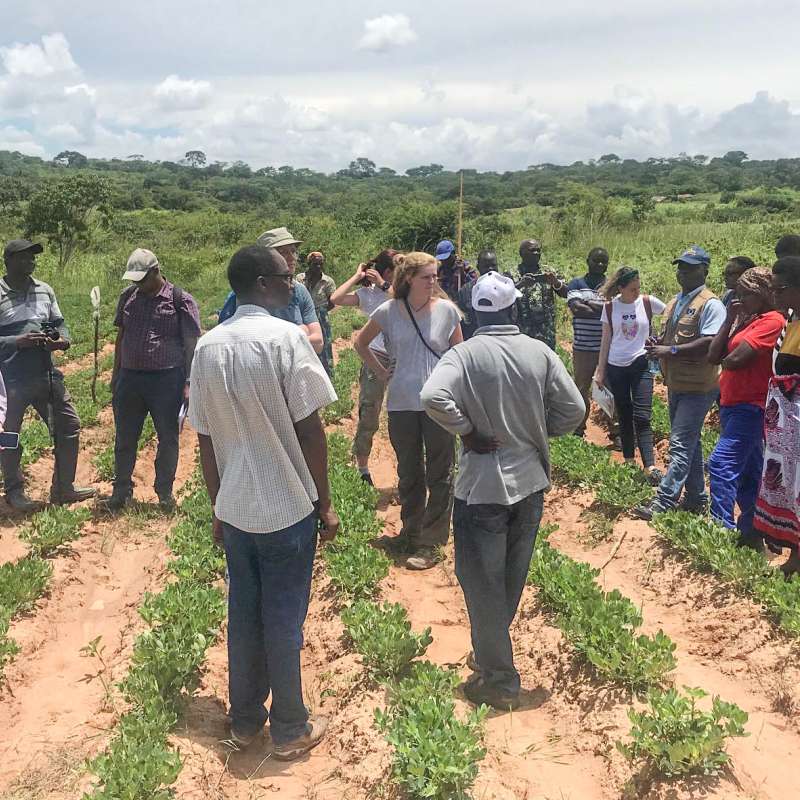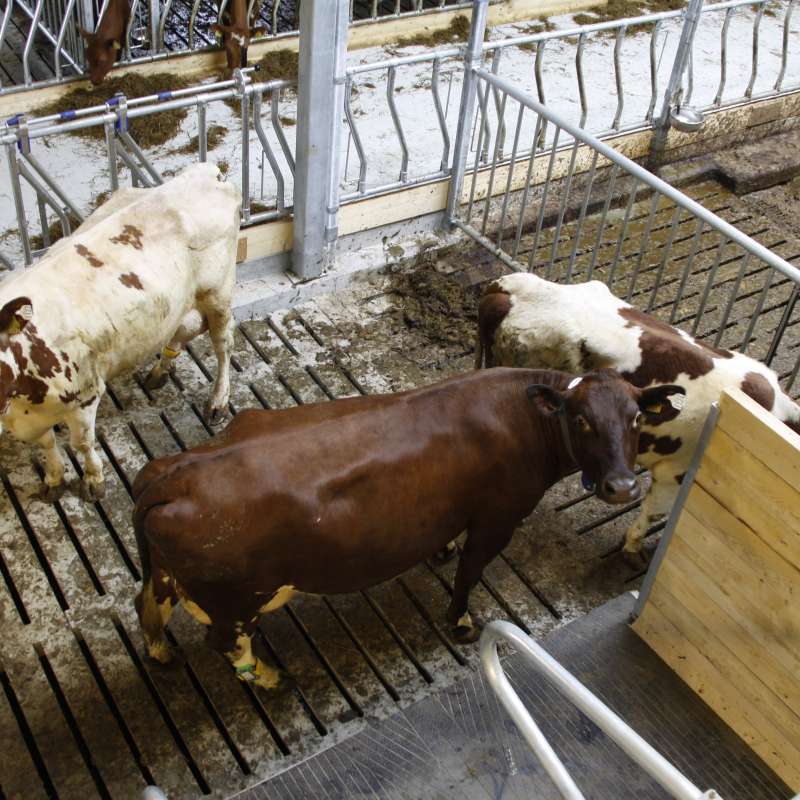
Improved monitoring and control of wireworms (Coleoptera: Elateridae) in Norwegian potato production
Wireworms are soil-dwelling larvae of click beetles, of which some are important pests of crops like potatoes, cereals and root crops. In potato tubers and root crops, the larvae reduce yield and quality by making holes, tunnels or surface wounds and scars. Until the 1990s, wireworm control relied mainly on the use of synthetic insecticides. Most of these are now banned, mainly due to environmental and health issues. In Norway, damage from wireworms has so far been a minor problem, but are now increasing at an alarming rate. However, updated knowledge of which wireworm species that are most damaging in Norwegian potato production, their life-cycles and host preferences, are lacking. At present, direct and effective pest control tools are missing, and alternative methods to reduce the wireworm populations are needed.



